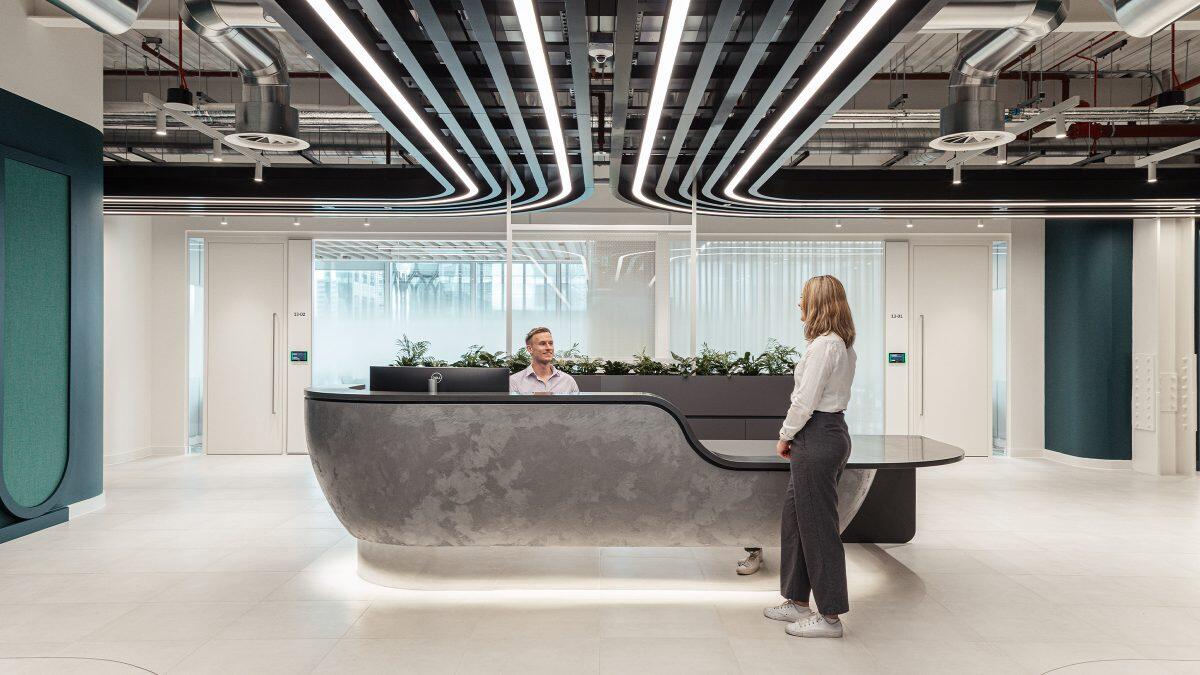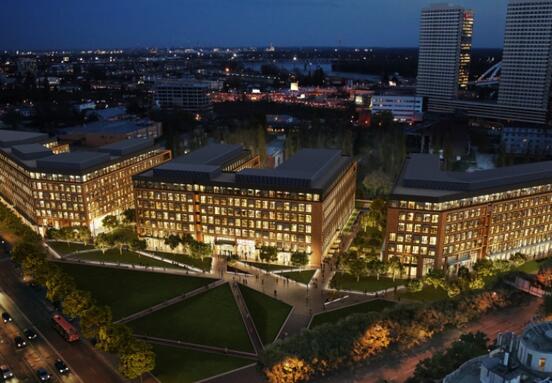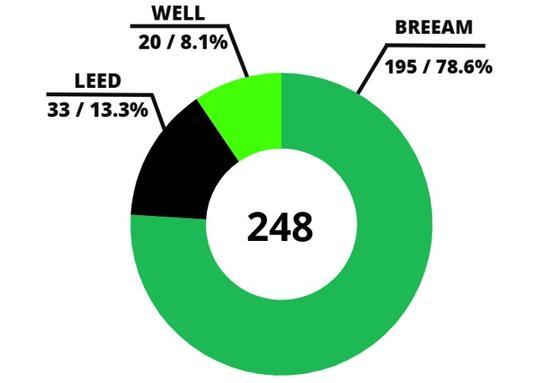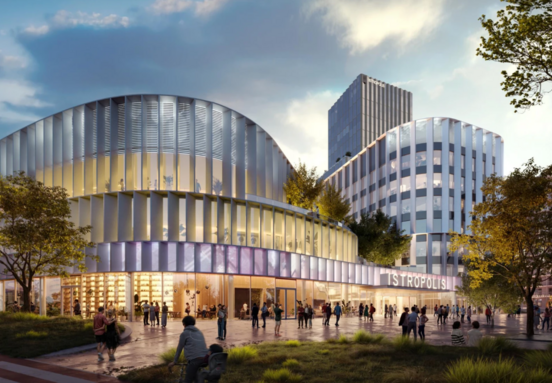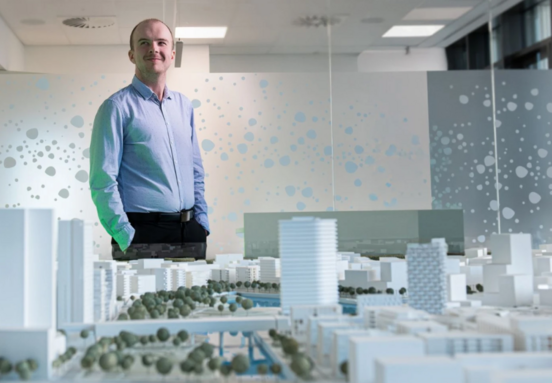Who Holds the Keys? Management Leads Office Decisions
In the corporate world, the quality of the work environment is increasingly important, yet the power to decide on new office spaces primarily rests with top management. A recent survey by 365.invest reveals that in 79 percent of cases, the main decision-making authority lies with senior leadership. This responsibility is rarely delegated to other departments.
Interestingly, despite growing demands for flexibility and technological advancements, employee preferences are considered by only one in five firms. This highlights a gap between leadership priorities and the potential impact of office space on employee satisfaction and productivity.
Key Criteria: Price, Location, and Parking Dominate
While employee well-being is gaining traction, the fundamental criteria for selecting office spaces remain focused on practical and financial considerations.
Cost Remains the King
According to the survey, the cost of renting office space is still the single most important factor. A significant 87 percent of companies cited price as a decisive criterion.
Beyond Price: Location and Practicalities
Following closely behind cost are location (84 percent) and the availability of free parking (80 percent). These factors reflect the practical needs of businesses and their employees regarding accessibility and commuting.
The survey also indicates a growing importance placed on the comfort and amenities of the workspace itself.
Evolving Priorities: Sustainability, Flexibility, and Future Trends
Beyond the immediate practicalities, firms are starting to look towards broader factors, signalling future trends in the office market. More than half of the surveyed companies pay attention to the environmental and social responsibility aspects of buildings.
Looking ahead three years, factors expected to increase in importance include:
- Reducing operating costs
- Availability of local amenities (shops, restaurants, etc.)
- Social benefits offered by the building/location
- Spatial variability and flexibility
- Adoption of desk sharing and office zoning
This suggests a shift towards more efficient, adaptable, and employee-centric spaces, even if employees aren't currently leading the decision-making process.
Slovak Office Market Snapshot
The Slovak office market is anticipated to stabilize in the first half of 2025. In Bratislava, the vacancy rate stood at 11.8 percent in the second quarter (of the survey year).
There's a noticeable increase in the share of Class A buildings, indicating a move towards higher quality spaces. Demand is particularly strong for reconstructed buildings with sustainability certifications and premium services. Flexible office solutions are also becoming a preferred option for many companies.
Rental prices have remained stable for now, with modern administrative buildings in Bratislava typically commanding between 12 to 15 euros per square meter per month. However, prices are expected to gradually rise for ecologically certified and technologically advanced buildings.
The Changing Role of the Office
The function of the office is evolving. Increasingly, offices are seen as more than just places for individual work; they are becoming hubs for collaboration, fostering a sense of community, and reinforcing corporate identity. This is driving investments in office zoning and the growing trend of desk sharing.
Source: reality.trend.sk
